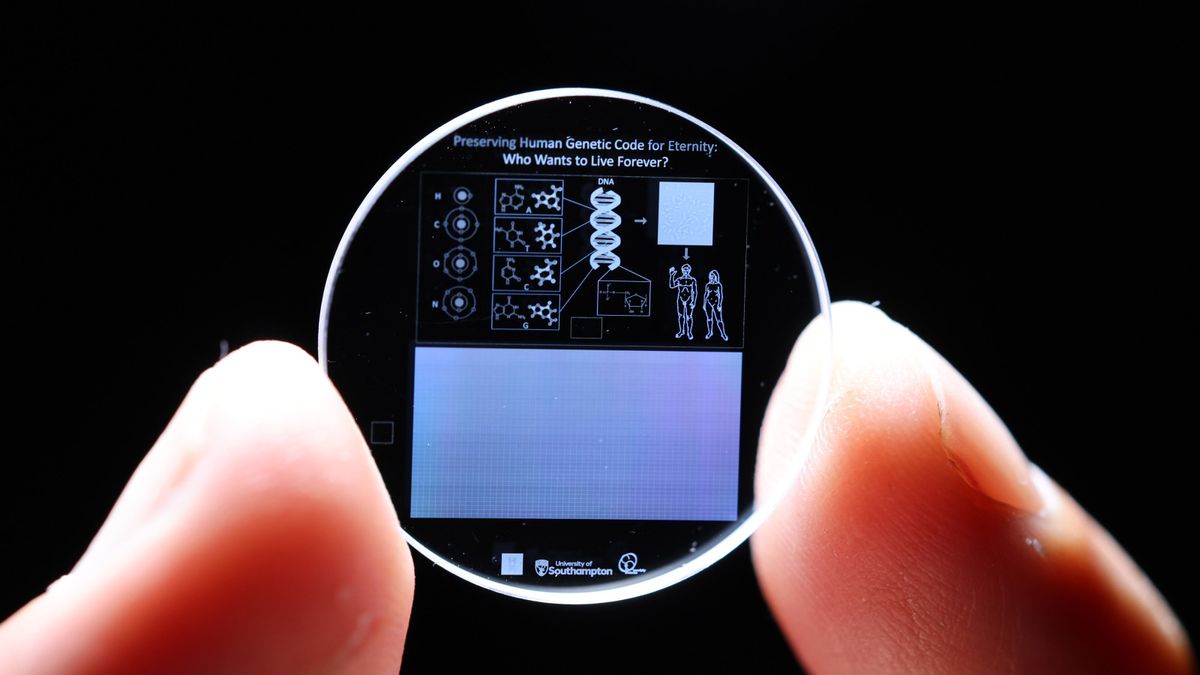Many modern cars are internet-connected and have apps that allow an owner to see a car’s location, turn it on remotely, honk its horn and even adjust the temperature. These apps for car control and tracking are designed for convenience, but a New York Times story last month detailed how they have been weaponized in abusive relationships, allowing for unwanted stalking and harassment.
Domestic violence survivors and experts said that car companies had not been responsive when asked to cut off abusers’ digital access to cars. Customer service agents at the car companies were unable to help when the abuser was the owner or co-owner of the vehicle, even when the victim had a restraining order or a legal judgment awarding her sole use of the car during divorce proceedings.
On Thursday, the Federal Communications Commission sent letters to nine of the largest automakers, including General Motors, Toyota, Ford and Tesla, asking for more information about their connected car apps and whether the companies had processes in place to assist abuse victims.
“No survivor of domestic violence and abuse should have to choose between giving up their car and allowing themselves to be stalked and harmed by those who can access its data and connectivity,” Jessica Rosenworcel, the F.C.C. chairwoman, said in a statement. “We must do everything we can to help survivors stay safe. We need to work with auto and wireless industry leaders to find solutions.”
Chairwoman Rosenworcel wrote in the letters that the F.C.C. was tasked with enforcing the Safe Connections Act, a relatively new law that requires phone companies to separate a victim’s phone from a family plan shared with an abuser. To the extent that cars have become “smartphones on wheels,” automakers “may be ‘covered providers’” under the act, she wrote.
The agency also sent letters to the three largest wireless communications providers — Verizon, AT&T and T-Mobile — about the role they play in providing connectivity to cars and whether they are complying with the law.
Thomas Kadri, a law professor at the University of Georgia who was an adviser on the Safe Connections Act, found it surprising that the law might apply to car manufacturers. But he said he hoped the letters would cause automakers to consider how connected car apps might be used for stalking and harassment.
“It’s not a niche or rare issue at the scale they are operating at,” he said.
The F.C.C. asked for responses to the letters by the end of the month.





